Trending
Why Is There A Fruit And Veg Shortage In The UK? Supermarkets Have Started Rationing
22 Feb 2023
7m
Head to your local supermarket right now and you might notice there’s a fruit and veg shortage in the UK. That’s because supermarket rationing is in full swing ATM, with shops introducing a cap on how much of your five-a-day you can buy.
Yep, customers are finding themselves limited to three pieces of fruit and veg maximum in several supermarket chains across the UK – but why?
It turns out there are several reasons your local’s shelves are bare. Let us explain…
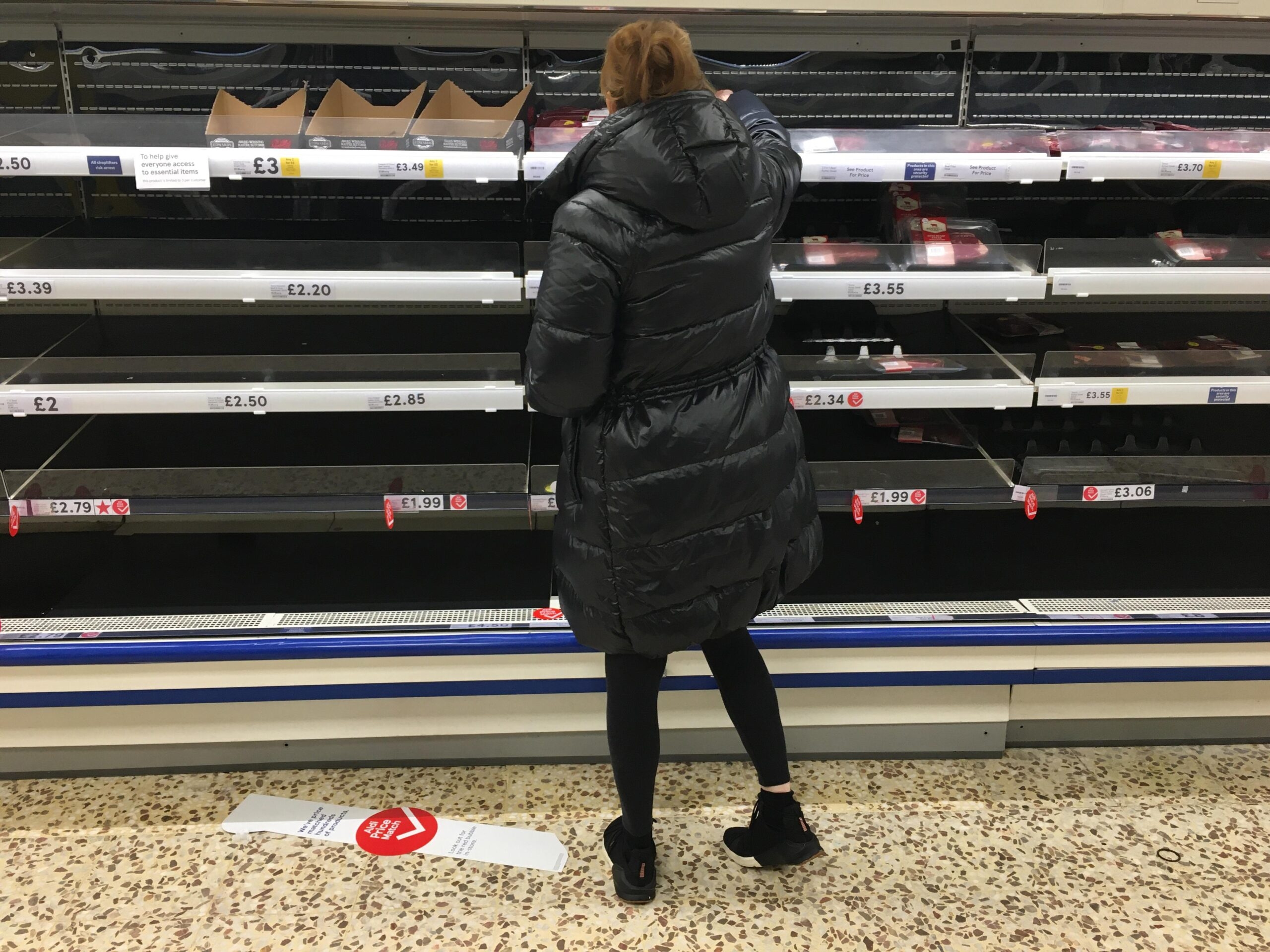
Supermarket shelves are bare due to fruit and veg shortages (Credit: Alamy)
READ MORE: Try Twisted’s Kimchi Butter Chicken Thigh recipe
Why is there a fruit and veg shortage in the UK?
The fruit and veg shortage in the UK is down to a “perfect storm” of rising energy costs over here and bad weather abroad, where a lot of our foreign produce comes from.
Explaining the impact of energy costs, Jack Ward, chief executive of the British Growers Association, told i News: “Not only did we not plant [due to rising energy costs], but great swathes of the Netherlands did not plant for exactly the same reason. So we’ve become overly dependent on Spain and Morocco and probably there was never enough capacity in those countries to do what they were already doing, let alone make up for the shortfall in Northern Europe.”
READ MORE: How to get the Cardi B McDonald’s meal and merchandise in the UK
Then, there’s the fact that in winter, 90 percent of our crops are imported (compared to summer, when we are much more self sufficient) – and mostly from places where the weather has been really bad, recently.
For one, cooler weather in Morocco has caused tomatoes to take longer to grow. However, Dan Fulgoni, the managing director at Eurofrutta, a London fruit and vegetable distributor, told The National: “The problem is much more widespread than just tomatoes.
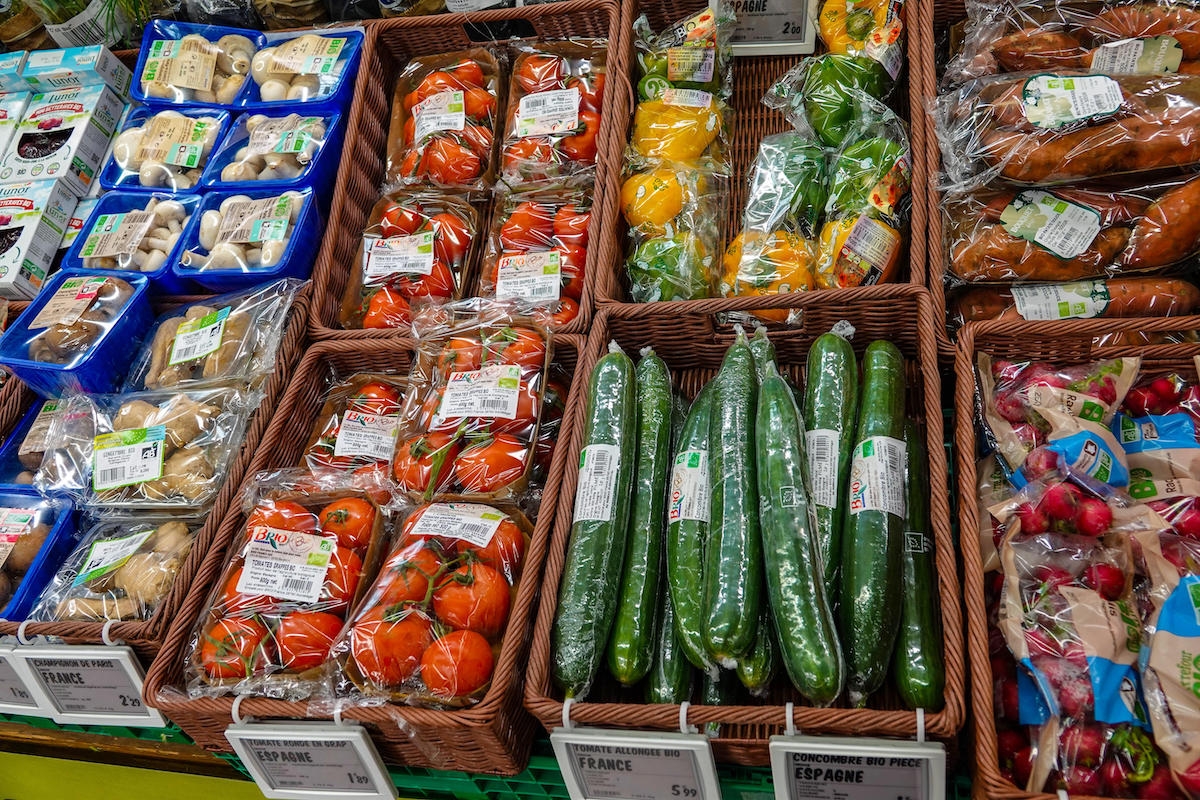
Fruit and vegetables like tomatoes are in short supply (Credit: Alamy)
“It is affecting a lot of produce, so, it’s going to be a bit of a roller coaster with regards availability on all those products for the next few weeks.”
Not only are the temperatures to blame for these limited supplies, but flash floods and rain have also seen ferries cancelled and caused transport delays which have stopped these ingredients arriving in the UK at their usual rate.
Tim O’Malley, of major importer Nationwide Produce, added to ITV News: “It’s the perfect storm of terrible growing weather and, of course, inflation”.
READ MORE: Blonde chocolate Easter eggs are the latest trend – and we’re obsessed
On top of delays, “all this has led to a major reduction in yields, reduction in size [of vegetables], quality issues, viruses,” he said.
Is Brexit to blame for the fruit and veg shortage in the UK?
Brexit may also be a contributing factor impacting supplies of fruit and veg in the UK, although there are many other causes at play, too.
This is the kind of scene we saw during the worst of the pandemic. Only this time it is due to Brexit pic.twitter.com/UswDZsjcpo
— Best for Britain (@BestForBritain) February 20, 2023
READ MORE: Try Twisted’s Croque Madame Breakfast Hash recipe
Indeed, since Brexit, Morocco has become one of the UK’s biggest suppliers of fruit and veg, with food exports from there to the UK rising by 40 percent since January 2021. Alongside energy costs, this has also slowed the trade fruit and veg grown in Europe.
With Brexit resulting in a growing dependence on produce from certain countries, it’s fair to say that it has played some part in the issues we are facing now.
What groceries are in short supply in the UK?
The reasons above have impacted the supply of several groceries we depend upon here in the UK.
The items currently in short supply include:
- Lettuce
- Tomatoes
- Peppers
- Cucumbers
- Onions
- Aubergines
- Courgettes
- Cauliflowers
- Cabbages
- Broccoli
How will supermarket rationing work?
Asda has announced it will be rationing customers to a maximum of three items of certain fruit and veg, including tomatoes, peppers and lettuce. Meanwhile, restrictions will also cover other items including cucumbers, salad bags, broccoli, cauliflowers, and raspberries.
Morrisons is also rationing fruit and veg supplies, with customers only allowed two items including tomatoes, cucumbers, lettuce, and peppers.
READ MORE: Inside Oliver Peyton’s departure from the Great British Menu
Whilst other supermarkets like Aldi, Lidl, Sainsbury’s and Tesco are yet to follow suit, it is being reported that they are considering similar measures.
The British Retail Consortium, which represents major supermarkets including Tesco and Sainsbury’s, has noted the supply issues are present at their stores, too.
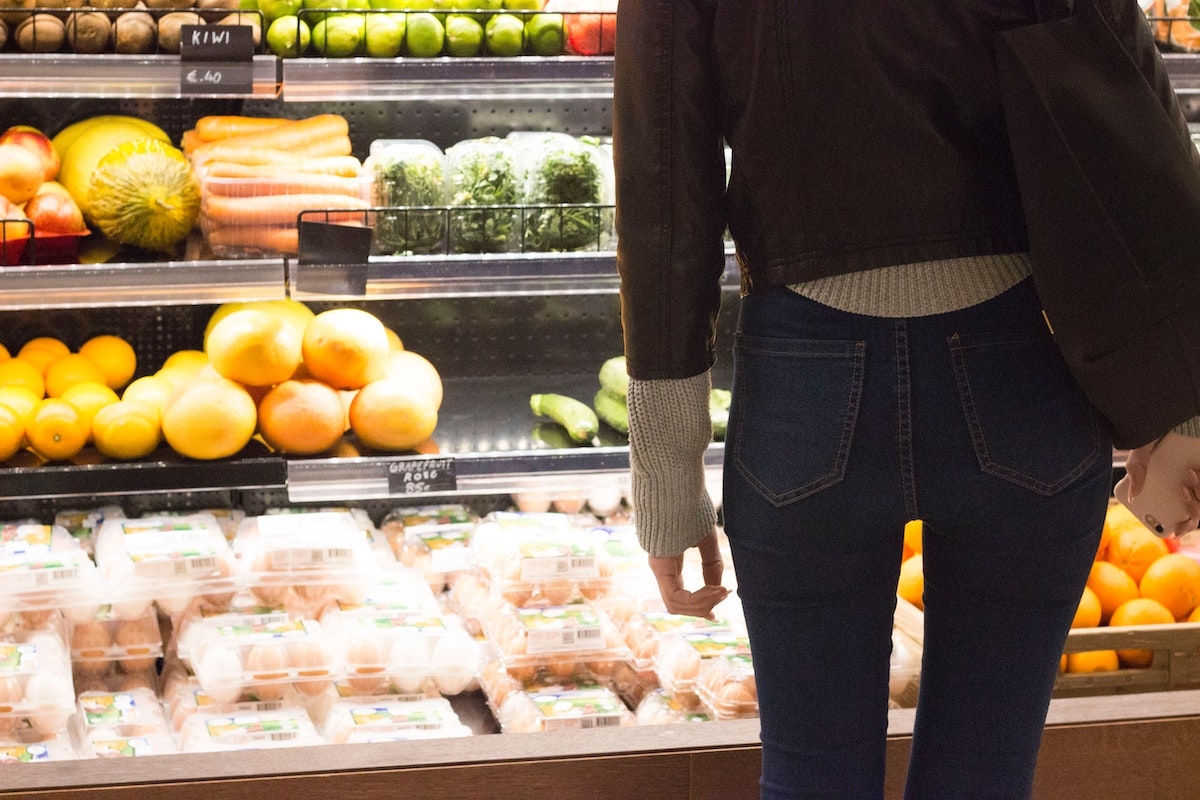
Fruit and veg will be limited for a good few weeks (Credit: Unsplash)
How long will fruit and veg rationing last?
The supply issues are expected to last weeks, as fruit and veg shortages aren’t an easy issue to fix overnight.
However, Andrew Opie, the British Retail Consortium’s director of food & sustainability, said that supermarkets will already be doing all they can to replenish stock where possible.
READ MORE: Try Twisted’s Vegan Miso Lemon Udon recipe
“While disruption is expected to last a few weeks, supermarkets are adept at managing supply chain issues and are working with farmers to ensure that customers are able to access a wide range of fresh produce,” he said.
James Bailey, executive director of Waitrose, also told LBC Radio: “Give it about a fortnight and the other growing seasons in other parts of the world will have caught up and we should be able to get that supply back in.”
Why does the UK import so much food instead of growing it?
The UK relies heavily on food imports in winter, and whilst this has always been the case it is even more prevalent at the moment thanks to energy prices and inflation.
Supermarkets ultimately aren’t going to pay local suppliers when they can buy the produce cheaper from abroad, where it’s in season. Rising costs here in the UK mean that sellers would have to punt their fruit and veg at a premium to make a profit.
READ MORE: KFC’s secret recipe is leaked by the Colonel’s nephew
“Growers simply didn’t put [veg] in the ground. They’d rather wait on warmer weather when they don’t have to rely on heating”, British Growers Association’s Ward told i News.
What’s more, Olly Harrison, owner of Water Lane Farm in Merseyside in North West England, told the Daily Mail that shoppers shouldn’t expect the UK to be offering up much of this produce any time soon.
“People are going to have to start eating some items like tomatoes seasonally again, because at the moment, without help, they just can’t be produced in this way,” he said.
“It’s that simple: if something requires energy to be produced, and the cost of energy is getting higher and higher, no one is going to grow it.”
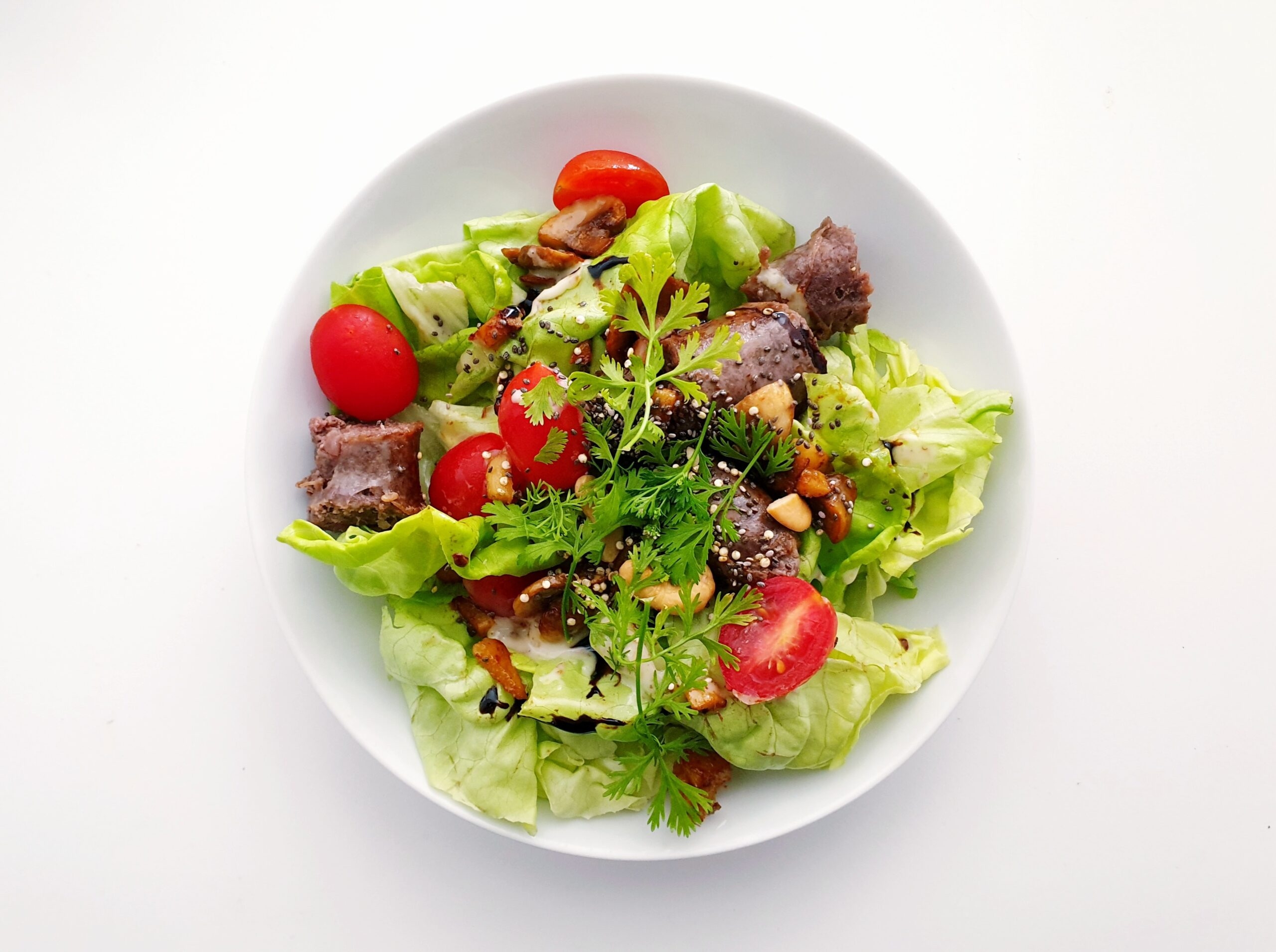
Salad ingredients are being rationed (Credit: Unsplash)
What diseases are caused by a lack of vegetables?
A lack of fruit and vegetables can cause a manner of health issues, but the good news is you’ll need to go without for much longer than a few weeks if any of these are to be a genuine concern.
Diseases caused by lack of vegetables that can impact you in the long term include:
- Scurvy – this is caused by vitamin C deficiency for long periods (around three months). Symptoms include weakness, fatigue and sore arms and legs.
- Night blindness – this is an inability to see well when its dark, and is caused by vitamin A deficiency, among other factors. Vitamin A is in veg like carrots, sweet potatoes and red peppers, so lack of fruit and vegetables can play a part, but again, this has to be over an extended period of time.
- Hemorrhagic disease or bleeding disorder – this is caused by vitamin K deficiency (vitamin K is found in lots of green veg). Most common in babies severely deficient of the vitamin, this can mean they can’t stop bleeding because their blood can’t form clots.
- Heart disease – this affects the blood vessels that supply the heart, and it’s another long term issue caused, in part, by not eating enough fruit. A study by Children’s Hospital in Massachusetts in 2003 found vitamin C and a decreased risk of heart disease in women.
As we say, none of these are a concern when it comes to the current rations, so don’t panic. You can still enjoy a perfectly healthy diet right now if you shop wisely and eat seasonally where possible.
You’re more at risk of having to fight off frantic shoppers in the salad aisles!

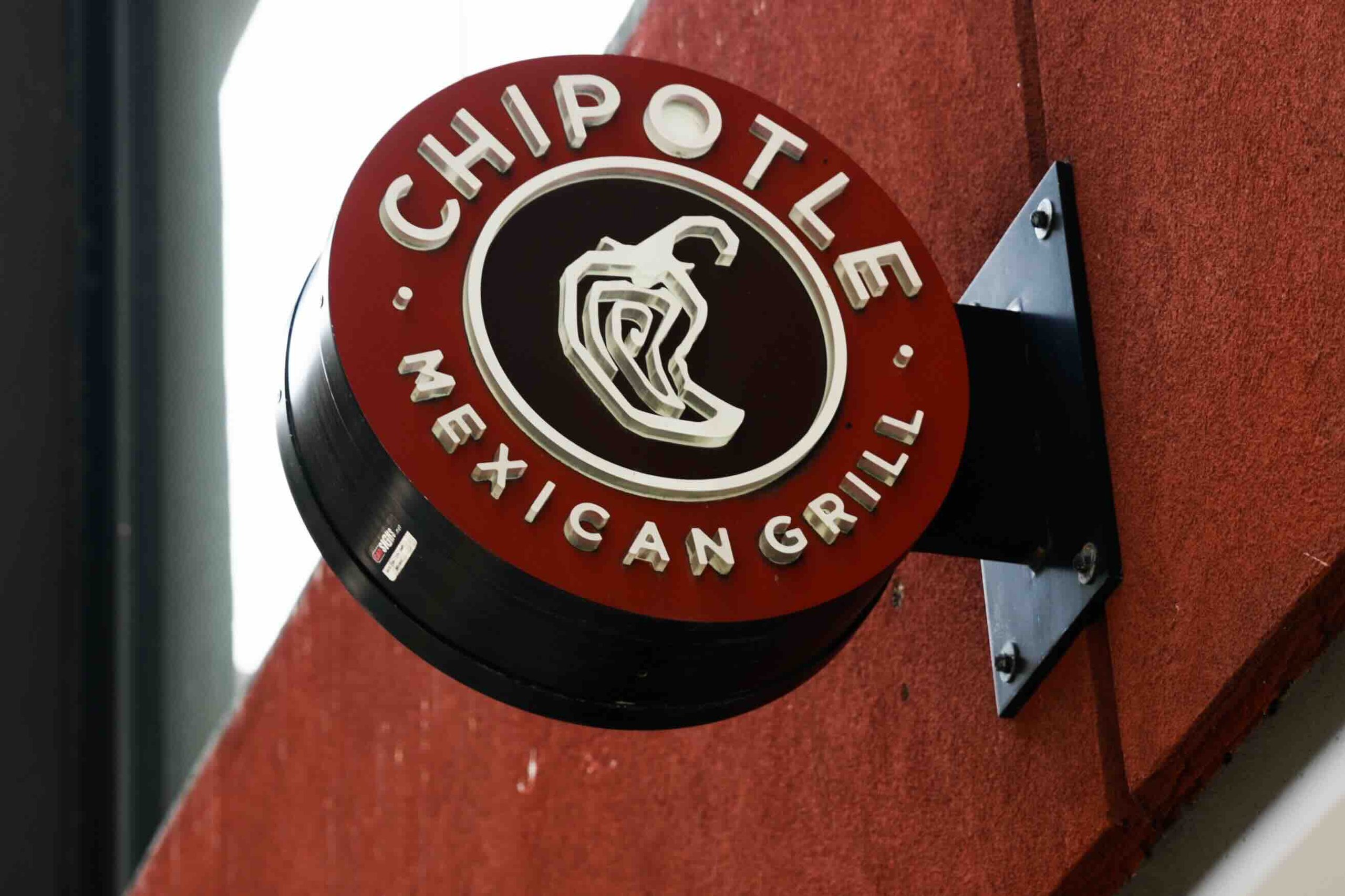
.png_mudeZc?tr=w-2560,f-webp,q-70)
